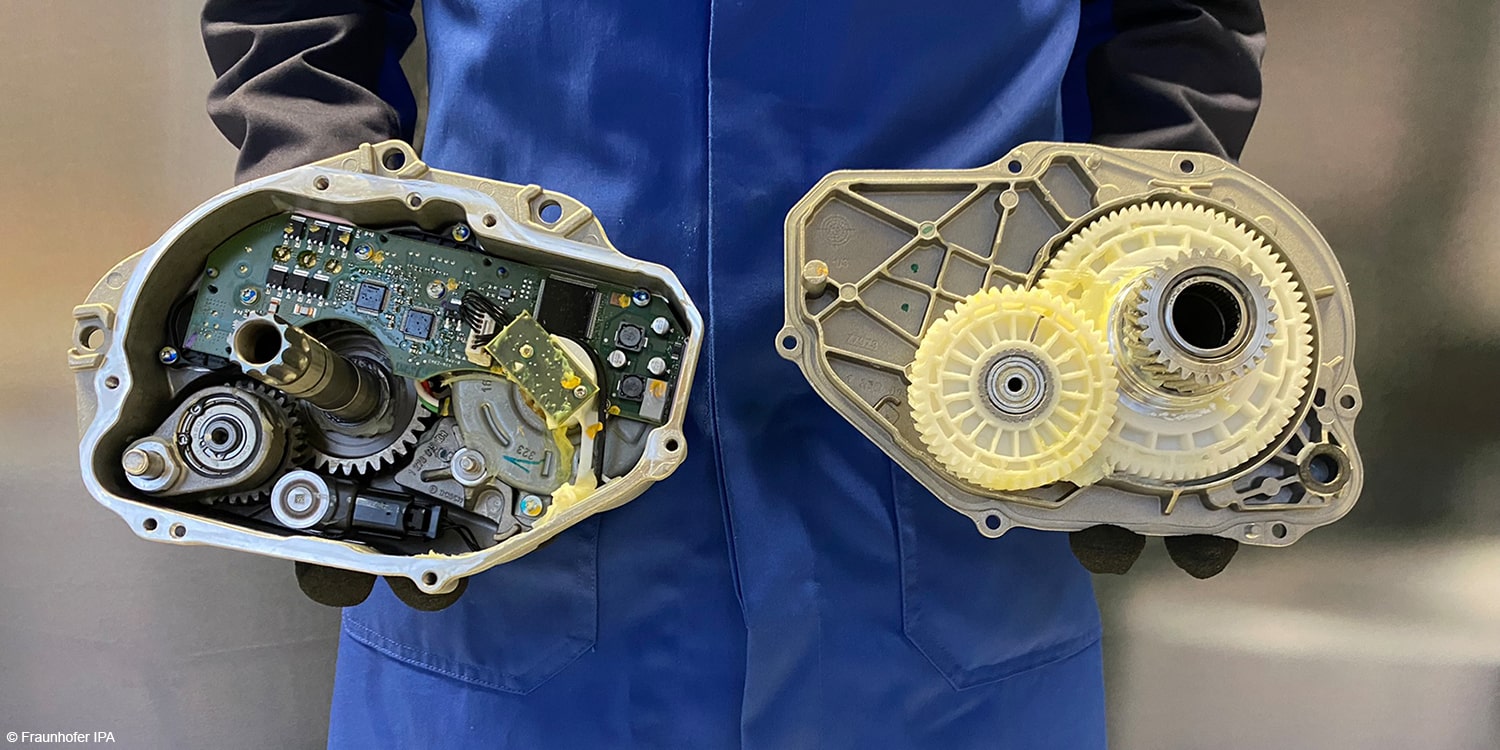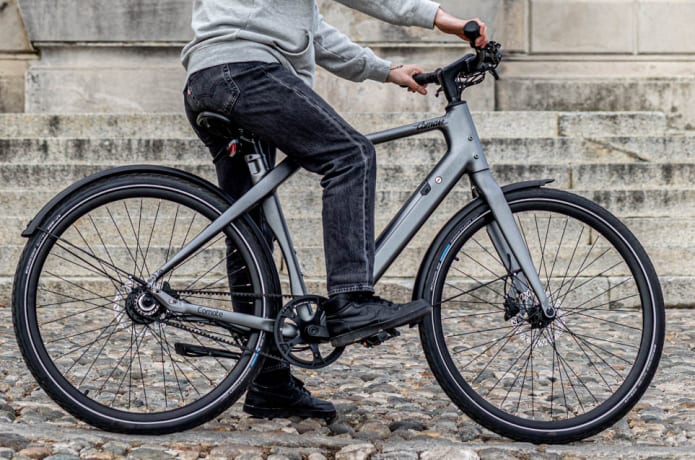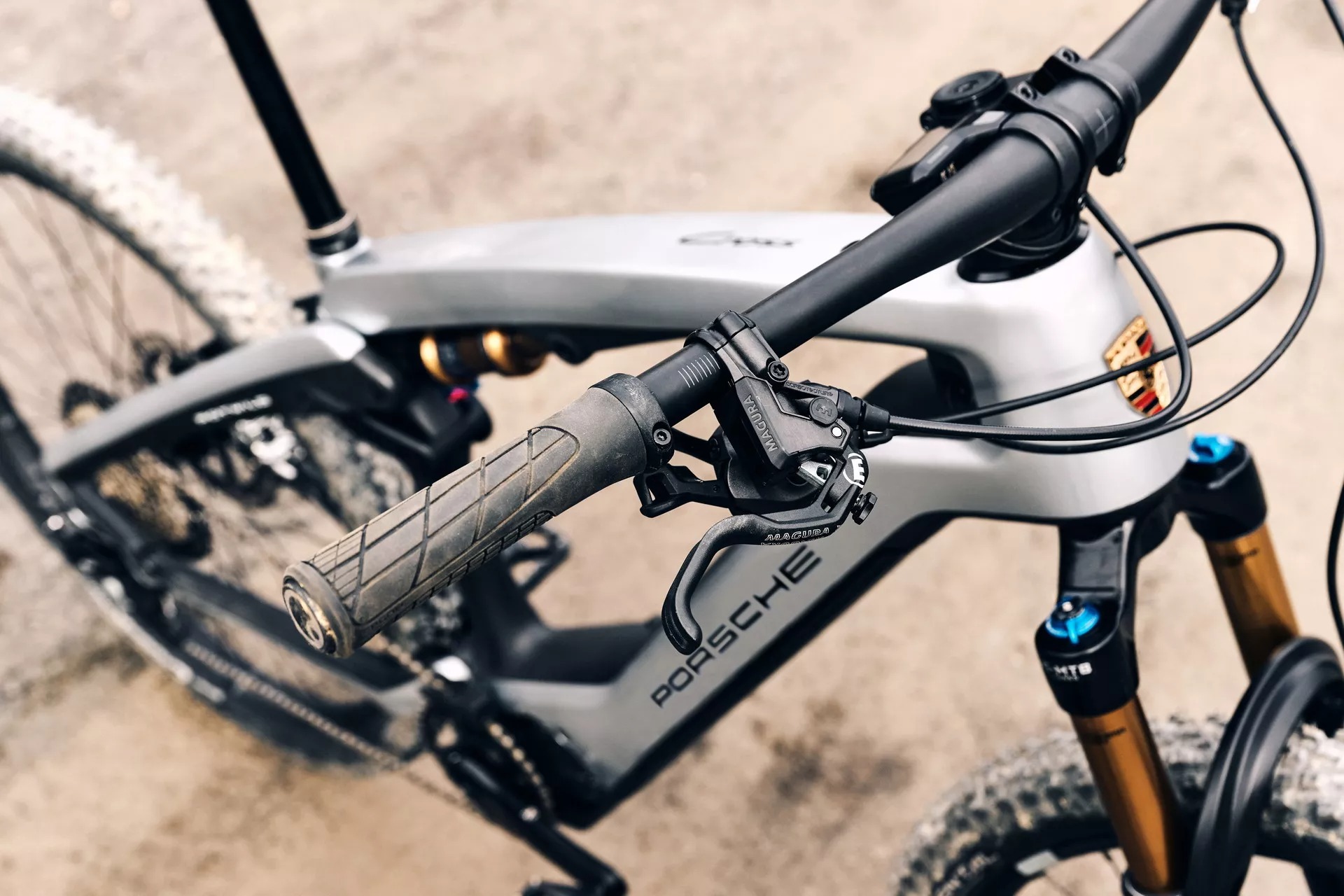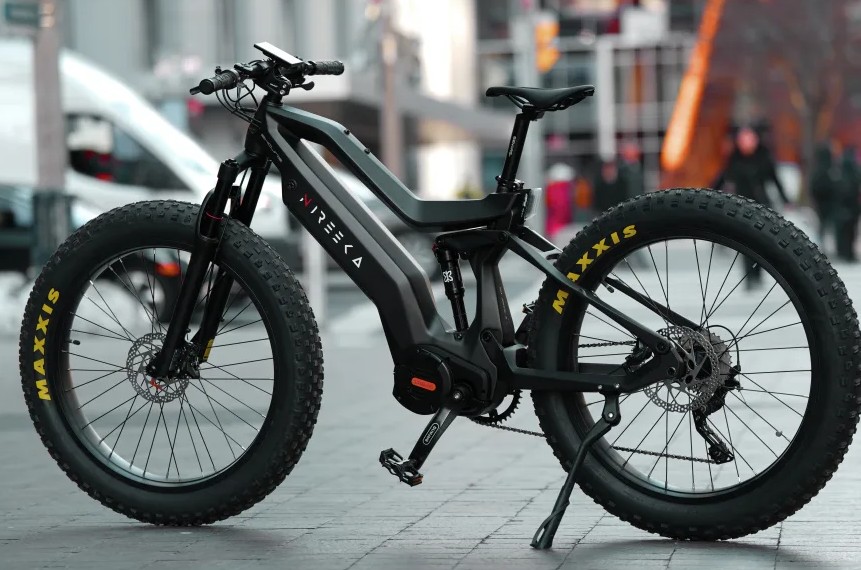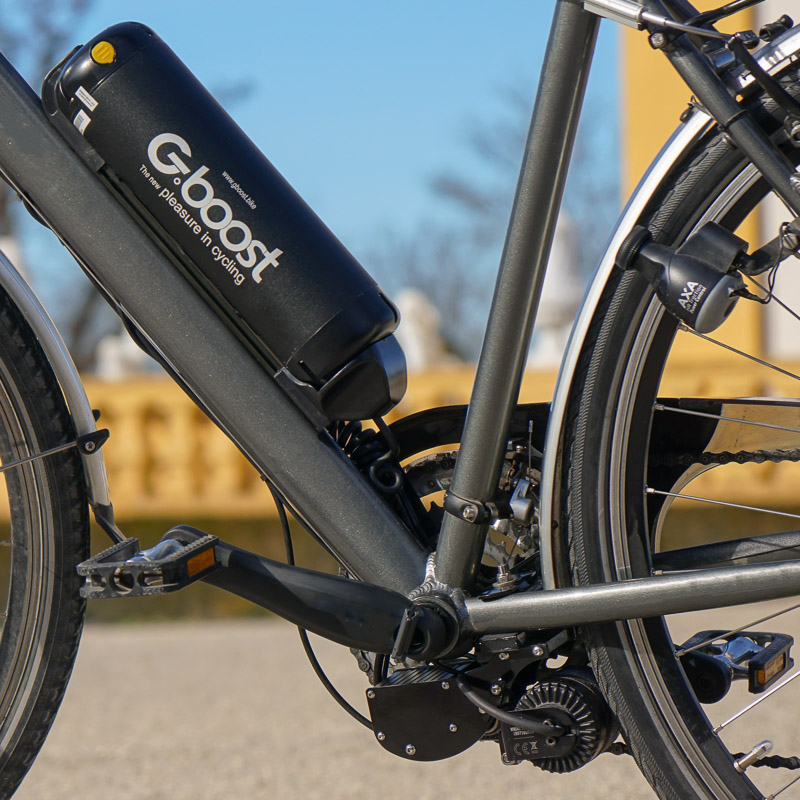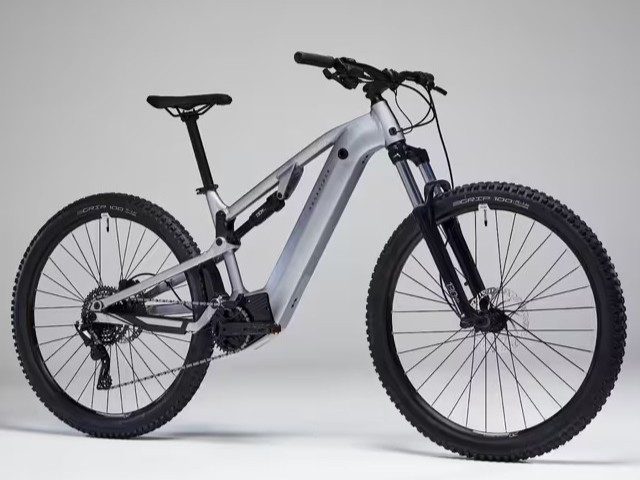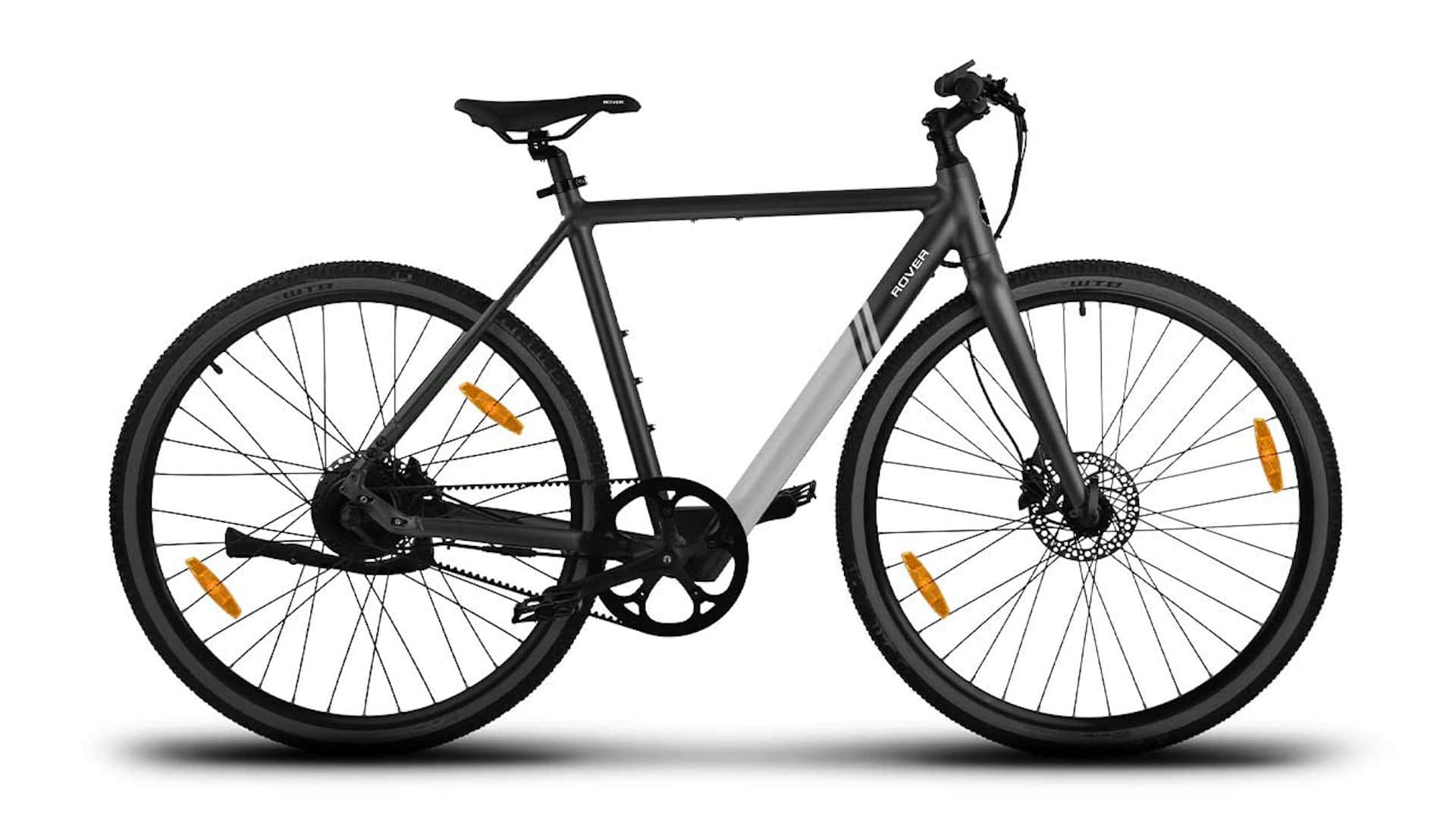Researchers from the Fraunhofer IPA have successfully demonstrated that electric bike (e-bike) motors can be remanufactured to create a modern circular economy. The researchers worked with partners on the ‘AddRE-Mo’ project, which investigated the technical feasibility of remanufacturing e-bike motors and analyzed the ecological and economic potential of the process. The companies involved in the project included Cirp, Electric Bike Solutions, the sponsoring association Umwelttechnologie-Cluster Bayern, and the Wuppertal Institute for Climate, Environment, and Energy.
The remanufacturing process involved non-destructive dismantling, cleaning, testing, remanufacturing or replacement with new parts, and reassembly. The researchers were able to produce a bike motor with almost the same properties as a newly manufactured motor in terms of quality and guarantee. The economic savings potential for comparable components compared to buying a new electric motor was usually around 30 to 40 per cent, depending on the number of units. This process could offer great potential for the manufacturers of electric motors.
See also: Fraunhofer IFAM Develops New Method to Accurately Assess Battery Health
The researchers first examined electric bicycle motors from established manufacturers for their probability of failure. Then, they tested whether and under what conditions spare parts with a high wear rate, such as gears and torque supports, can be manufactured additively. More than 120 components made of 20 different materials were produced from the 3D printer. The scientists then tested the service life, noise development, and temperature resistance of the components in specially developed test stands and under real loads.
According to the German regulatory institute Zweirad-Industrie-Verband (ZIV), electric bikes already accounted for 48 per cent of sales in the overall bicycle market in 2022. Given the rising sales figures, it is clear that more and more e-bikes are on the road in Germany. These vehicles will reach the end of their useful life at some point, and defects can already occur during operation. However, there is often no replacement available, which is why a broken motor is not repaired but exchanged as a whole for a new unit.
Project manager Jan Koller explains, “If the motor or battery fails, it’s usually the case that the entire component is replaced, even though it may only be one gear that’s faulty. It is rarely worthwhile for electric bike workshops to repair a motor or battery, and manufacturers also have a vested interest in replacing old motors, which are the biggest cost drivers in electric bikes, with new ones.
To consolidate the results achieved in the project, the process chain of remanufacturing e-bike motors will be implemented and made tangible in the new RemanLab learning factory at the Fraunhofer IPA in Bayreuth, which will open on 23 May 2023. The potential of this process could help reduce electronic waste and promote the circular economy, ensuring that valuable resources are not wasted.

